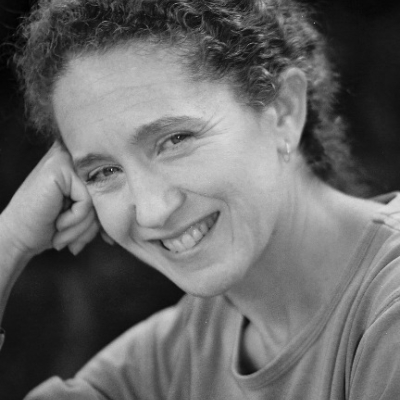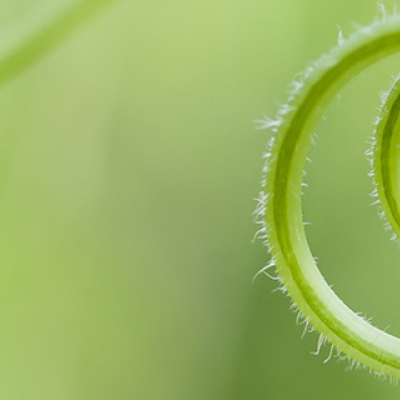
Elizabeth Grossman
Elizabeth Grossman is the author of High Tech Trash, Watershed: The Undamming of America (Counterpoint Press, 2002), and Adventuring Along the Lewis and Clark Trail (Sierra Club Books, 2003). She is also the co-editor of Shadow Cat: Encountering the American Mountain Lion (Sasquatch Books, 1999).
Grossman’s writing has also appeared in a variety of publications, including Amicus Journal, Audubon, California Wild, Cascadia Times, Chicago Tribune, Environmental News Network, Grist, The Nation, New York Times Book Review, Newsday, Oregonian, Orion, the Patagonia catalogue, Salon.com, Seattle Times, Washington Post, and Yes! A native of New York City, she has a BA in literature from Yale University. She now lives a minute’s walk from the Willamette River in Portland, Oregon. When not at her desk writing she's out exploring—hiking, camping, paddling, sketching, and watching birds.




